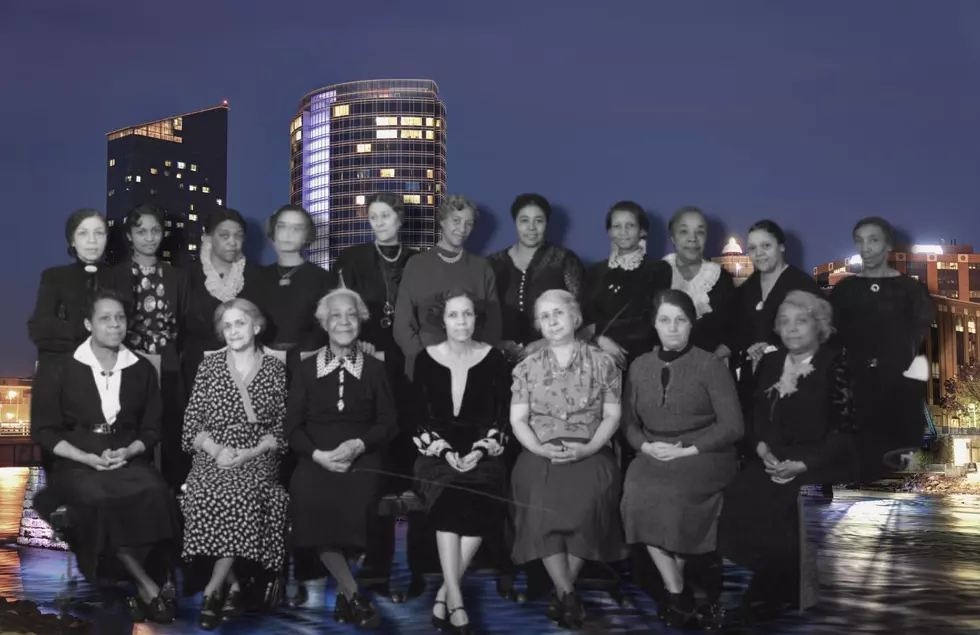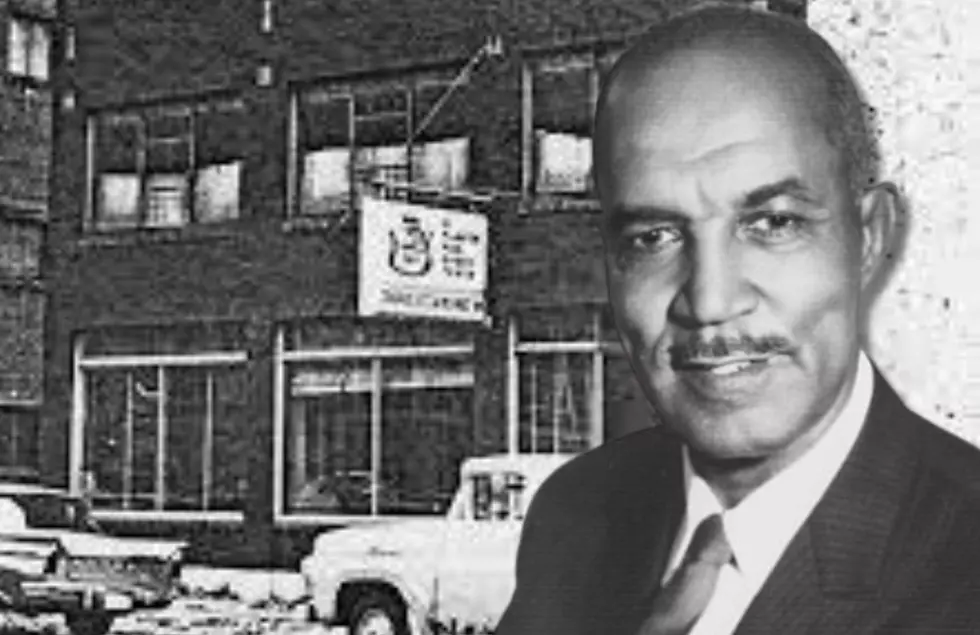
The First Organization for Black Women in Kent County – Grand Rapids Study Club
Every day this month, you will be able to learn about the great achievements of our ancestors who paved the way for the Black community of Grand Rapids.
The first Black History Fact is about the Grand Rapids Study Club.

The Grand Rapids Study Club began meeting in 1901 and was formally organized on November 10, 1904, at the home of Mrs. Louisa Gaines.
Grand Rapids Study Club is recognized as the first organization for Black women in Kent County. In 1906, the Club became a member of both the State chapter and the National Federation of Women's Clubs.
Initially, the "Study Class," the purpose of the organization was
"to unite all efforts towards the individual, home, and community betterment through study and civic cooperation in all things which portends the advancement of all groups."
The club’s members were homemakers and domestic workers around the city who saw the need to join together and focus on issues affecting the Black community.
After years of planning, saving, and investments, in 1935, the Grand Rapids Study Club purchased the house at 427 James Avenue to be the club’s headquarters and meeting space.
Members met on Thursdays from October to May. Club traditions like the motto "Rowing, not drifting” colors yellow and white, and Thursday meetings at noon still continue today.
During the club’s meetings, the women discussed important social issues and hosted internal workshops and presentations in hopes to exchange skills and knowledge, their goal to uplift themselves and the community at large.
This was significant because there were few existing places that were dedicated to investing in Black women. The Club sought to change this. The Club was home to influential and dynamic Black women in Grand Rapids who were deeply invested in the community – like historian Myrtle Craig Lasha and Ethel B. Coe, a local activist, educator, actress, humanitarian, and prominent member of the Study Club and Grand Rapids NAACP.
In 1926, a junior auxiliary club, later titled the Pierian Club, was created for younger women to be involved. As the membership grew, the club became more focused on aiding various local charities and being an active support for the local Black community.
The Club was known for hosting social events and programming, all highlighting the topics and social issues the Club felt were important to bring to the city’s awareness.
Throughout the years, Grand Rapids Study Club sponsored and brought nationally known speakers to Grand Rapids. In 1945, the club invited Langston Hughes, renowned poet, and author, to the city, where he presented an address titled "Poems of Negro Life" at A.M.E. Community Church.
Mr. Hughes returned to Grand Rapids at the invitation of the Study Club and spoke at Fountain Street Baptist Church in 1960. His address at the Church was open to the entire community.
The Study Club’s years of service to the city continued as the club organized film festivals in the 1980s and 90s at the Grand Rapids Public Museum, highlighting Black Art and film.
The Grand Rapids Study Club is still active until this day. The Club’s headquarters was registered as a National Landmark in 1980 and remains at 427 James Avenue. In the spirit of the incredible Black women of the Grand Rapids Study Club, may we all continue to row and never drift.
We extend our gratitude to ancestor Myrtle Craig Lasha, the significant contributor to the club’s archive dating back to 1904. You can learn more about the Club’s history and view its extensive archive at Grand Rapids Public Library.
I would like to give immense gratitude to the Grand Rapids Historical Society for teaching me about this amazing organization.
LOOK: 50 essential civil rights speeches
More From Magic 104.9









